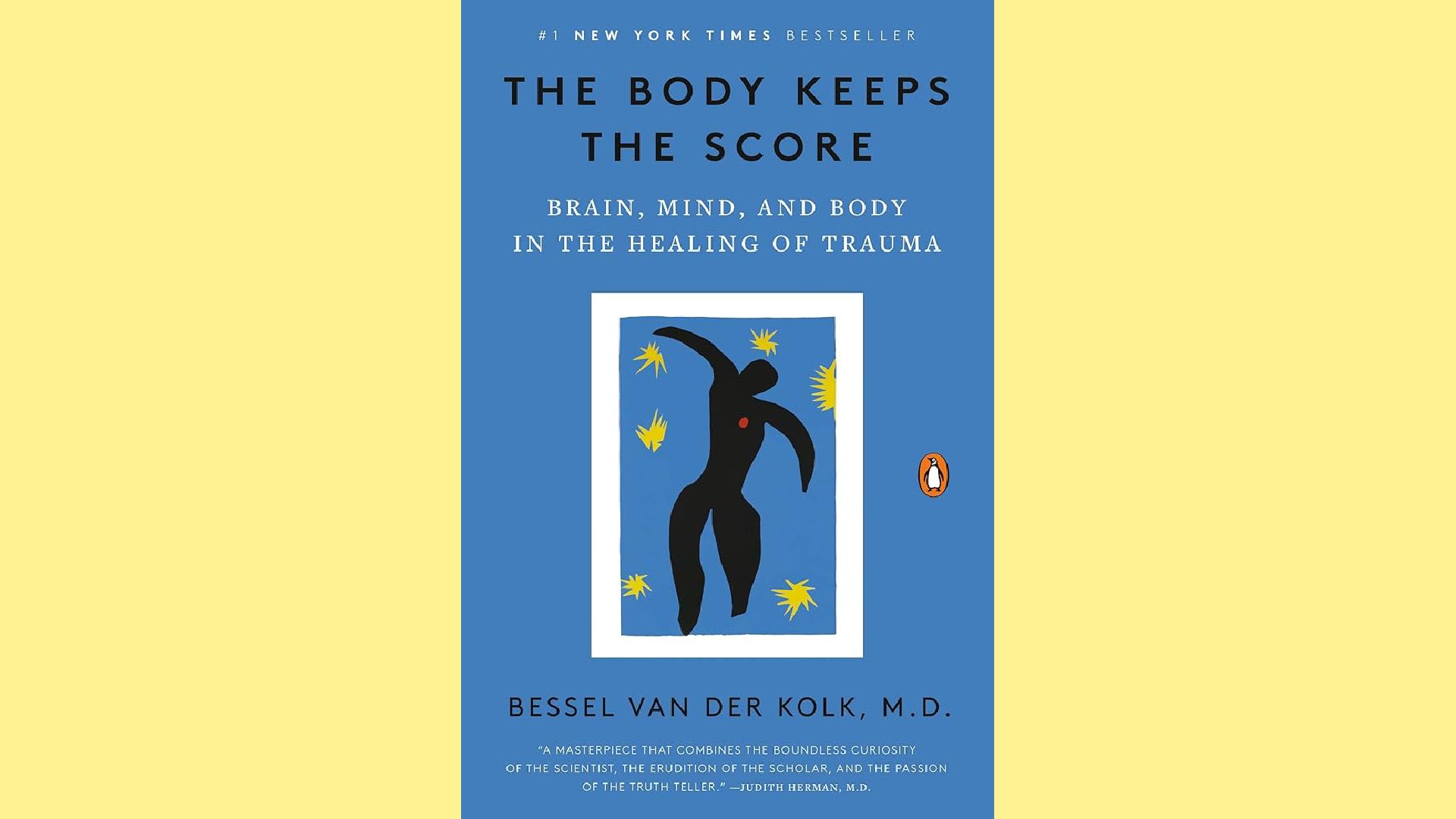Summary: The Body Keeps the Score by Bessel van der Kolk

Entrepreneurs are celebrated for their resilience, creativity, and ability to navigate the complexities of the business world. However, the entrepreneurship journey is also fraught with challenges that can leave deep emotional and psychological scars. Understanding the impact of trauma and pathways to healing is crucial for personal well-being and the success and sustainability of one's business ventures.
Bessel van der Kolk's seminal work, "The Body Keeps the Score: Brain, Mind, and Body in the Healing of Trauma," offers profound insights into how trauma affects us and how healing can occur, providing invaluable lessons for entrepreneurs.
Recognizing the Impact of Trauma
Trauma reshapes the landscape of our mind and body, altering our capacity for engagement, self-control, and trust—the elements crucial for entrepreneurial success. Van der Kolk's research illuminates how traumatic experiences, whether personal or professional, can leave an indelible mark on our neurological and psychological frameworks, affecting decision-making, risk assessment, and interpersonal relationships.
Key Concept: The Brain on Trauma
"Being traumatized means continuing to organize your life as if the trauma were still going on – unchanged and immutable – as every new encounter or event is contaminated by the past."
This quote highlights how trauma affects the brain's structure and function, particularly areas involved in threat detection, emotion regulation, and executive functioning.
Entrepreneurs who have experienced trauma may find themselves more sensitive to perceived threats, leading to heightened stress responses that can impact business decision-making and leadership.
Key Concept: The Body's Memory
"The body keeps the score: If the memory of trauma is encoded in the viscera, in heartbreaking and gut-wrenching emotions, in autoimmune diseases and skin conditions, then it stands to reason that the treatment of trauma should involve all those levels as well."
This insight underscores how the body retains the memory of trauma, often manifesting as physical symptoms or sensations when triggered.
This somatic memory can lead to a disconnection from one's body, which van der Kolk argues can be addressed through therapeutic practices that reintegrate the body and mind, such as yoga or mindfulness.
Paths to Recovery: Implications for Entrepreneurs
Van der Kolk's exploration of innovative treatments offers hope and practical strategies for entrepreneurs seeking to overcome the impact of trauma. Entrepreneurs can work towards recovery and resilience by engaging in therapies that activate the brain's natural plasticity.
Innovative Treatments: A New Hope
"Facilitating change involves an appreciation of the complexities of brain organization and a systematic approach to finding and strengthening pathways that allow people to feel what they know and know what they feel."
Neurofeedback, meditation, and physical activities like sports or drama can offer new pathways to healing by helping individuals regulate their stress responses and reconnect with their bodies. These approaches can be particularly beneficial for entrepreneurs, for whom traditional talk therapy may not address the somatic aspects of trauma.
Building Resilience Through Self-Regulation
"The challenge of recovery is to reestablish ownership of your body and mind – of yourself. This means feeling free to know what you know and to feel what you feel without becoming overwhelmed, enraged, ashamed, or collapsed."
Learning to self-regulate emotional responses to stress is a critical skill for entrepreneurs. Techniques such as mindfulness and breathing exercises can help manage the physiological symptoms of trauma, leading to improved focus, decision-making, and interpersonal relationships.
The Entrepreneur's Journey: From Trauma to Triumph
Van der Kolk's work underscores the importance of addressing trauma for personal well-being and as a critical component of professional success. By embracing the principles outlined in "The Body Keeps the Score," entrepreneurs can embark on a journey of healing that transforms their personal lives and enriches their professional endeavors.
Embrace Your Vulnerability
Recognizing and acknowledging the impact of trauma is the first step towards recovery. Entrepreneurs must embrace their vulnerabilities as strengths, allowing them to approach their business challenges with empathy, creativity, and resilience.
Seek Supportive Communities
Entrepreneurship can be a lonely journey, but it doesn't have to be. Seeking out communities that understand the impact of trauma can provide a supportive environment for sharing experiences and strategies for healing and growth.
Commit to Ongoing Self-Care
Self-care is not a luxury but a necessity for entrepreneurs. Incorporating practices that support physical, emotional, and psychological well-being into one's routine is essential for sustaining the energy and creativity needed to thrive in business.
Conclusion
"The Body Keeps the Score" is more than a book about trauma; it's a roadmap for healing that entrepreneurs can use to navigate the challenges of their personal and professional lives. By understanding the impact of trauma and embracing the paths to recovery, entrepreneurs can unlock their full potential, fostering prosperous, resilient, and sustainable businesses.
